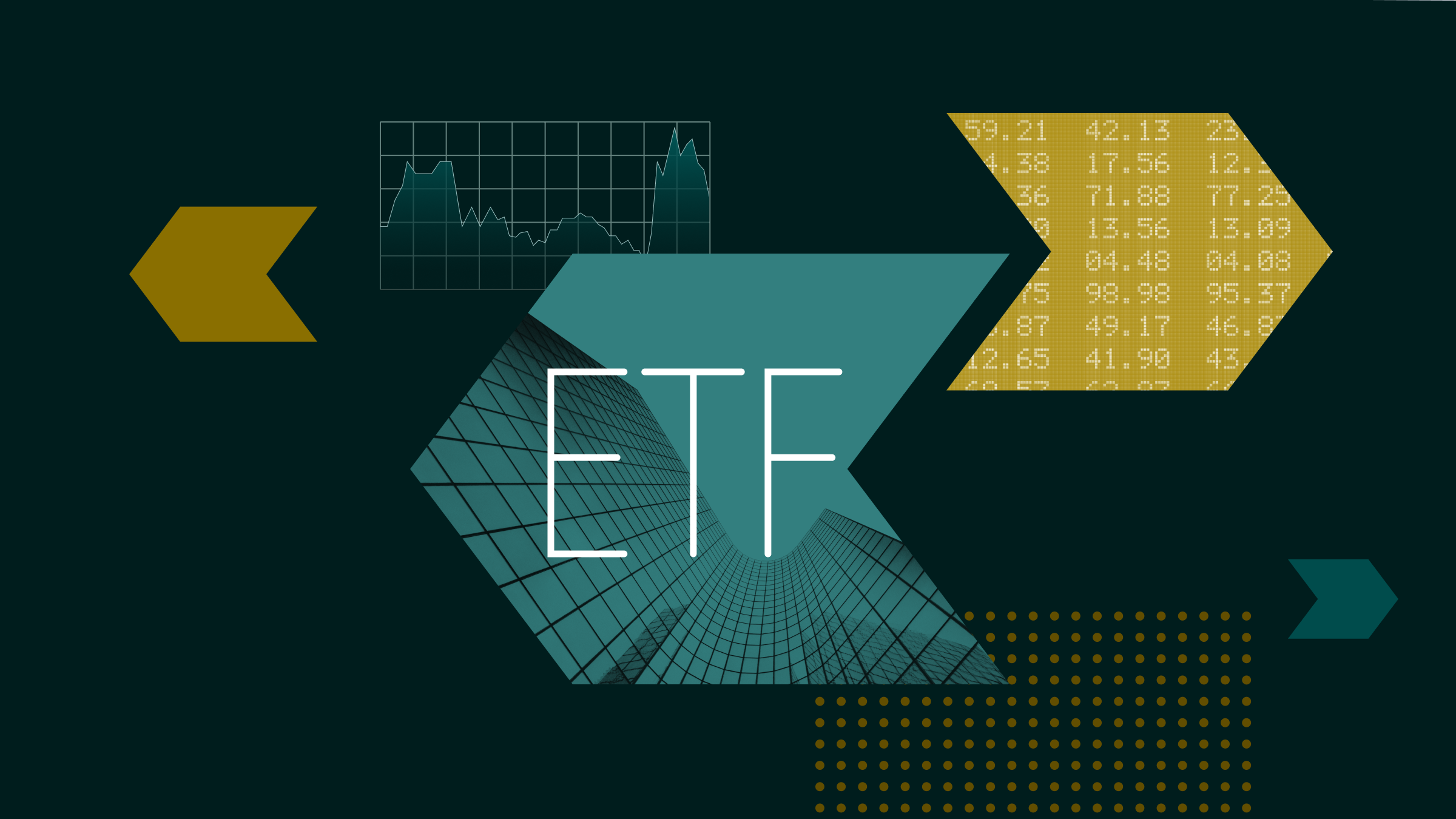UK investors tend to stick to the devil they know when it comes to picking income stocks – and why not when domestic companies are promising to pay £87.2 billion in dividends this year, that’s a pay-out of £1,400 for every woman, man and child in the UK.
With so many UK companies now rewarding their shareholders it is easy to forget how hard income investors were hit in the wake of the credit crisis. Many companies slashed their dividends in half and some sectors – banking for one – disappeared from view altogether. Diversification is key in any portfolio – and not just across asset classes. While these European stocks may not be suitable for all investors, all of us should consider how geographically diversified a portfolio is when adding new holdings.
Allianz (ALV)
Yield: 4.57%
Allianz's diverse business mix has allowed the insurance group to enjoy relatively steady growth. While investment income was dampened in a low-yield environment, higher transaction volume in the commercial product line and price actions in the European auto insurance business helped compensate for the weakness in life insurance. Still, despite its vast distribution channels, analysts see little evidence that the insurer has any meaningful cost advantage, as evident in its mediocre expense ratio.
The firm's property and casualty business enjoys a growing share of the company's operating profits. As the European economy continues to show signs of growth, we see opportunities for price increases, which can lead to to margin expansion. Outside of its core, but slow-growing, markets, Allianz's best bet for growth is in Asia. But expanding into new markets isn't necessarily value-accretive in most cases, and returns in the Chinese markets have not been as impressive as originally expected.
Allianz's life business has gone through its fair share of de-risking after the financial crisis. The firm's renewed focus on underwriting discipline has helped stabilize the business. In Morningstar equity analyst Vicent Lui’s view, the company's competencies in underwriting and claim processing can be further developed to become a sustainable competitive strength.
Orange (ORA)
Yield: 4.14%
Morningstar equity analysts believe Orange is one of the prime beneficiaries of the movement to converged services - the merging of the traditional triple play of fixed-line telephony, broadband and pay television with wireless telephony. Convergence leads to lower churn and more valuable customers.
When this is added to 4G and fibre that help differentiate networks we think Orange is well positioned for the macro trends that are hitting European communication markets. Analyst Allan Nichols says 4G is particularly important to Orange as it has no 4G roaming agreement with Iliad. Iliad has a poorer quality wireless network in France than the other operators, but has been able to hide this fact through its ability to let its customers roam on Orange's network.
Despite Iliad supposedly improving the coverage of its network, it continues to send the majority of its calls on Orange's network. As the country moves to 4G this quality differential will begin to be obvious. Orange now has 5.6 million or 20% of its French wireless customers using its 4G service and this sector is growing rapidly.
Lagardere (MMB)
Yield: 5.12%
Lagardere has divested many assets recently including its valuable stakes in EADS and Canal+ in order to focus on its media and retail operations, says Morningstar equity analyst RJ Hottovy. The company continues to hold several attractive subsidiaries, but the majority of the conglomerate’s profits are derived from businesses in mature and structurally declining industries. Analysts have not assigned Lagardere an economic moat as a result, and see few synergies between the conglomerate’s discrete operations.
Hachette Publishing has historically been Lagardere's crown jewel, generating roughly half of total media earnings before tax in 2014. However, analysts are concerned that industry dynamics are deteriorating because of the increasing popularity of e-books and other digital alternatives.
Hachette is participating in this digital shift, but it is expected a growing segment of industry profits will increasingly be ceded to disrupting forces such as Amazon and Apple. Hachette’s education arm is more insulated and should provide some stability, but investors should be aware long-term structural headwinds may cause tepid organic sales and profitability growth.
These stocks were identified as income payers by using a screener in Morningstar Select, a research tool for institutional investors.









.jpg)





















